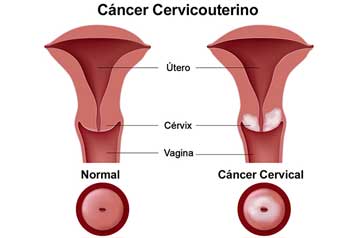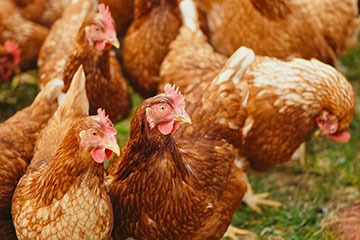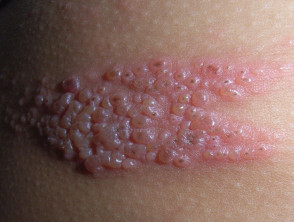Your Pet in a Disaster
Prepare a portable disaster supply kit for your pet that includes:
- Food and water for at least three days
- Collar with ID tag, harness or leash.
- Include copies of your pet’s registration information, adoption papers, vaccination documents and medical records in a clean plastic bag or waterproof container.
- A picture of you and your pet together, for identification
- Familiar items, such as favorite toys, treats or bedding in your kit.
- Medicines and first aid kit.
- Crate or other pet carrier.
- Sanitation. Include pet litter and litter box if appropriate, newspapers, paper towels, plastic trash bags and household chlorine bleach.
Create a plan to get away
- Plan how you will assemble your pets and anticipate where you will go. If you must evacuate, take your pets with you if practical.
- If you go to a public shelter, keep in mind your animals may not be allowed inside. Secure appropriate lodging in advance depending on the number and type of animals in our care.
- Consider family or friends willing to take in you and your pets in an emergency. Other options may include: a hotel or motel that takes pets or a boarding facility, such as a kennel or veterinary hospital that is near an evacuation facility or your family’s meeting place.
- You should also consider talking with your veterinarian about permanent identification such as microchipping, and enrolling your pet in a recovery database.
- Talk with your pet care buddy about your evacuation plans and show them where you keep your pet’s emergency supply kit.
After the disaster:
- Do not allow your pets to roam loose. You may benchmarks and smells have changed by the disaster and your pet could become disoriented or lost.
- Be patient with your pets after a disaster. Try to return them to their normal routines as soon as possible and be prepared to deal with behavioral problems that may result from the stress of the situation. If the health and behavior problems persist, talk to your veterinarian.
Source
Do You Have a Pet Plan in Place? Disaster Survival for Animals Takes Planning
FEMA. Federal Emergency Management
Related Topics
-
Importation of Pets and Other Animals Into the United States
-
Pet Travel
-
Pets Travel Container
-
Animal Care in a Disaster
-
Your Pet in a Disaster
-
Diseases from Dogs
-
Diseases from Cats
-
Dog Flu
-
Choosing a Pocket Pet
-
Lymphocytic Choriomeningitis Virus from Pet Rodents
-
Pregnant Woman and Toxoplasmosis
-
Pets and Salmonella Infection
-
Pet Food and Salmonella
-
You Can Prevent Toxoplasmosis (Toxo)
-
HIV. Preventing Infections from Pets
-
You can Prevent Cryptosporidiosis
-
Infants, Young Children and Pets
-
Transmission of Influenza Viruses from Animals to People
-
Rabies






